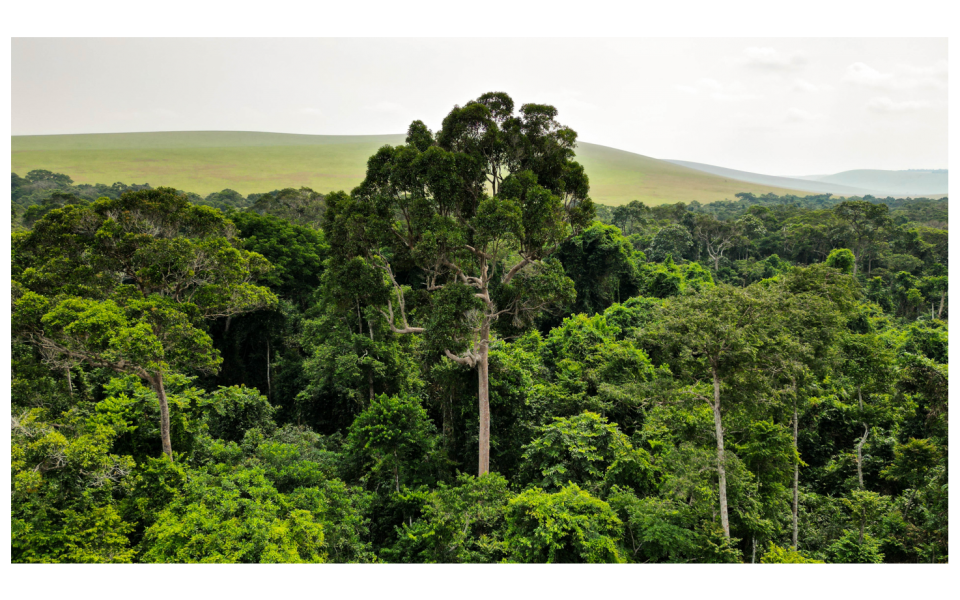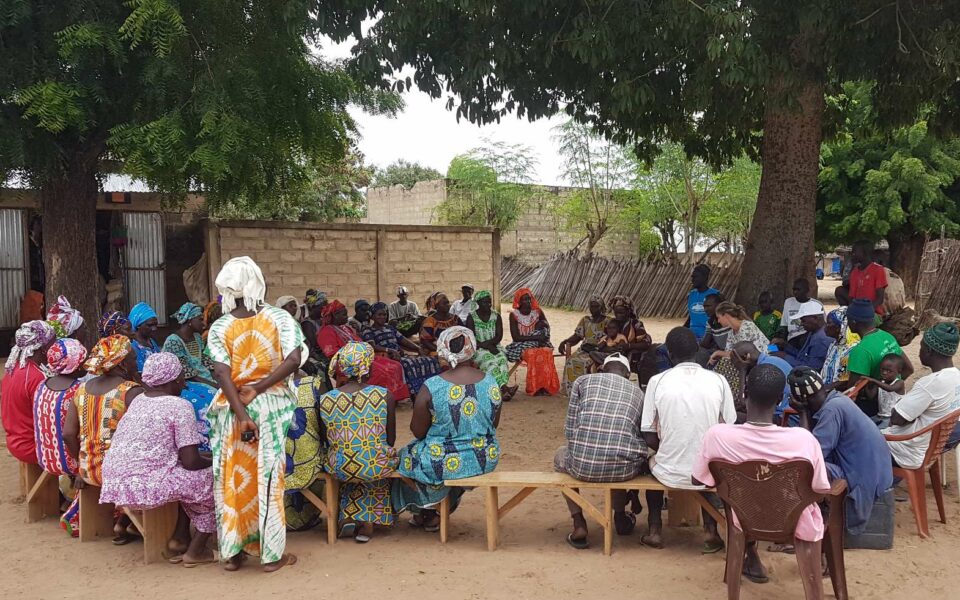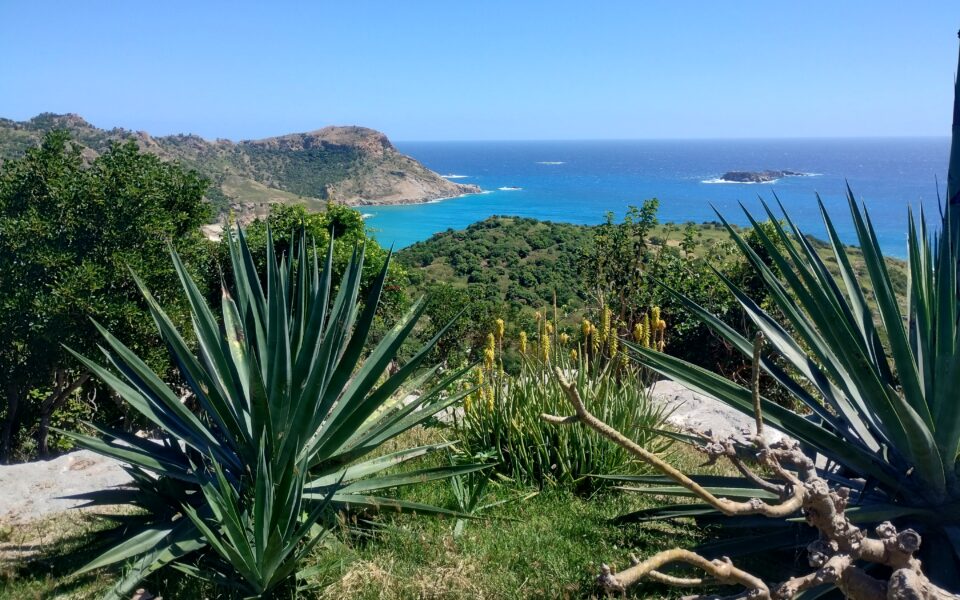News

21 March 2023
International Day of Forests – 21 March
Studies have shown the benefits of a walk in the forest to boost the immune system and reduce stress. This international day, dedicated to forests, aims this year to highlight their contributions to health. In addition to purifying our water and air, fertilizing soils, providing building materials and food, forests play a vital role against climate change by sequestering and storing carbon, as well as regulating the climate locally. Through these many ecosystem services, forests maintain a healthy environment for human and animal populations. They also provide the 60,000 or so plants used to heal us.
But despite the attachment we have to our forests and the growing visibility of the issue of their conservation, deforestation on a global scale is only increasing. Over the last twenty years (2001-2021) nearly 11% of the world’s vegetation cover has been lost, mainly due to human activities (GFW). However, 70% of all emerging diseases and almost all pandemics (Zika, Ebola, Nipah, etc.) are zoonoses from wild animals (IPBES). Deforestation and loss of biodiversity in forests increase the prevalence of viruses and other diseases in animal populations. Increased human-wildlife interactions increase the risk of transmission of these diseases to humans.
The question of the future of forests is at the heart of our work at SalvaTerra. At our level, we try to contribute to the sustainable management and protection of this priceless heritage through the work and studies we are currently carrying out:
- Capitalize on DynAfFor and P3FAC forest dynamics research projects to help disseminate recommendations for more sustainable management of production forests in Central Africa.
- Support the Senegalese government in mobilizing carbon finance to protect and rehabilitate mangroves;
- Assess the risks of afforestation projects aimed at carbon certification in Togo and Congo Brazzaville for private actors;
- Conduct feedback on a development program for the French Douglas sector for France Bois Forêt;
- Support the government to improve the prevention and management of forest fires in Algeria;
- Promote sustainable agricultural practices and especially agroforestry on the east coast of Madagascar to reduce deforestation.
A lire aussi...

01 Jul. 2025
Deux nouveaux recrutements chez SalvaTerra
En pleine expansion, SalvaTerra recrute deux chargé(e)s de mission pour soutenir le développement de ses activités en France et à l'international. Les missions incluent expertise technique (avec déplacements terrain), recherche de projets, et contribution aux outils de communication. Toutes ces tâches seront réalisées en étroite collaboration avec les associés de SalvaTerra.

30 Jun. 2025
🌾 Comment renforcer durablement la résilience des petits exploitants agricoles face aux chocs climatiques au Sénégal ?
📢 SalvaTerra en collaboration avec l'IRAM a récemment mené l’évaluation finale du projet 4R "Renforcer la résilience climatique des petits exploitants agricoles en situation d’insécurité alimentaire grâce à une gestion intégrée des risques climatiques", financé par le Fonds Vert pour le Climat et mis en œuvre par le PAM Sénégal, dans cinq régions clés du pays (Kolda, Tambacounda, Kaffrine, Fatick, Kaolack).

18 Jun. 2025
SalvaTerra finalise son accompagnement sur les politiques publiques agricoles de Saint-Barthélemy
La Chambre économique et multi-professionnelle (CEM) de Saint-Barthélemy fait appel à SalvaTerra pour l’élaboration du Plan Territorial de Développement de l’Agriculture de l’île. Un plan territorial tenant lieu de politique agricole locale, dans une Collectivité française non-européenne, ayant le statut de "pays et territoire d'outre-mer" (PTOM).